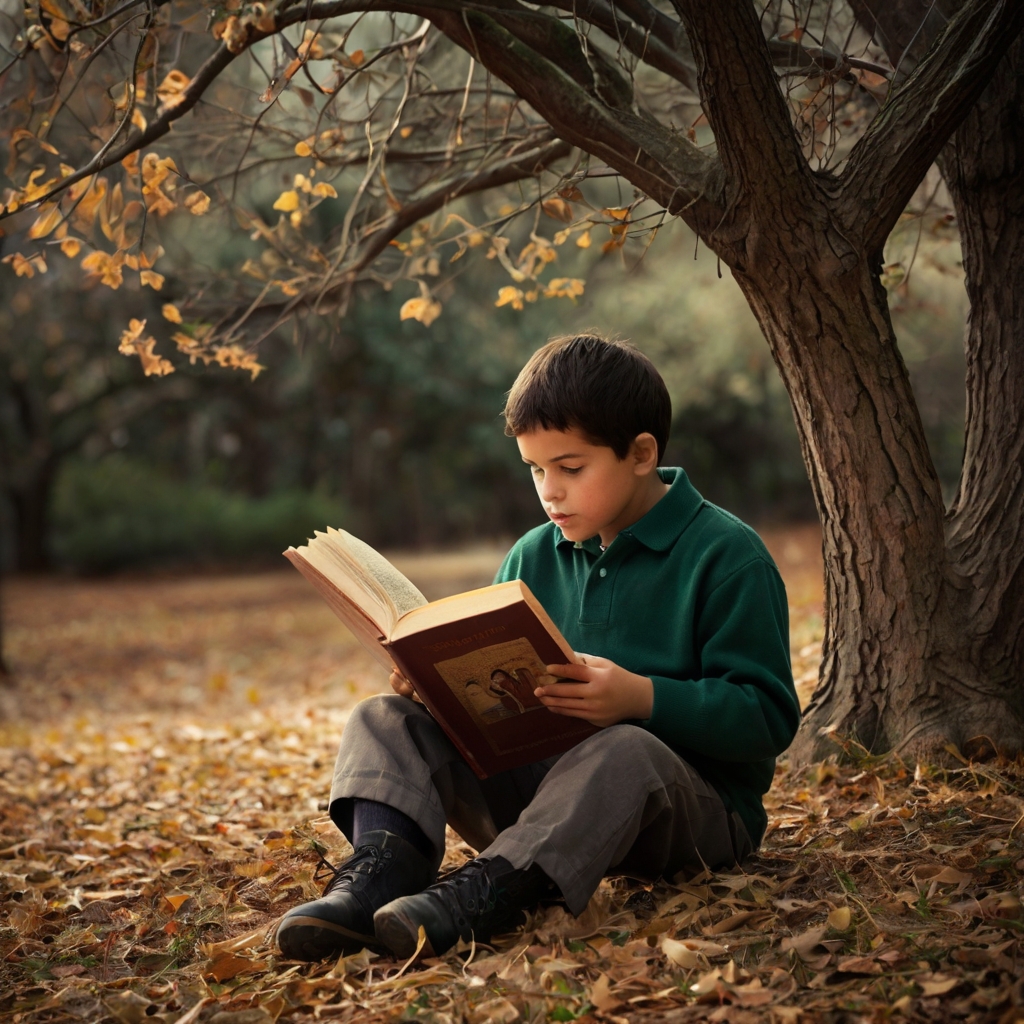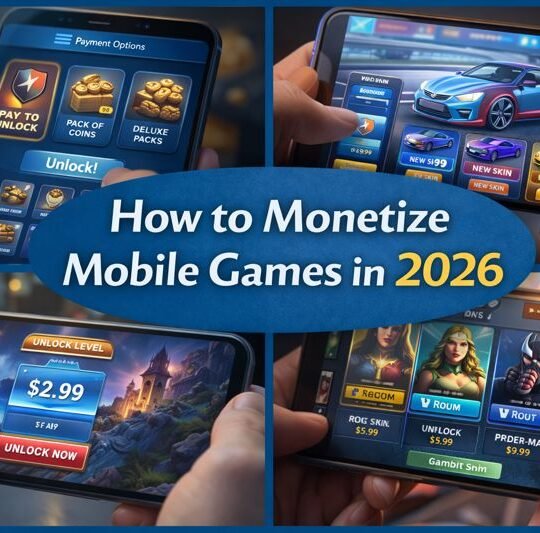Table of Contents
Key Takeaways
- Storytelling is a fundamental human activity that influences cultures and personal identities.
- Books are powerful mediums that enhance empathy, critical thinking, and creativity.
- Exposure to diverse narratives broadens perspectives and fosters understanding of multifaceted world issues.
Table of Contents
- Introduction to Storytelling
- Books: The Timeless Medium
- The Neuroscience of Reading
- Cultural Impact of Literature
- Fostering Empathy and Understanding
- Books as Tools for Education
- Diverse Narratives and Representation
- The Digital Age and Reading Habits

Storytelling is a tradition as old as time, forming a crucial part of human culture and communication. From whispered tales around campfires to intricately woven narratives in tomes, storytelling serves as a mirror to our past and a telescope to our future. Through the power of storytelling, cultures have flourished, and individuals have been able to express the complexity of human experience.
The importance of reading extends beyond entertainment; it is a profound instrument of learning and personal development. We entertain our imagination, cultivate empathy, build cognitive skills, and broaden our world perspective with each story we read. In today’s fast-paced world of digital distractions, books offer a sanctuary for reflection, insight, and lifelong learning. The impact of books is not only seen in the realm of personal growth but also in their ability to orchestrate cultural and societal dialogues through the narratives they embrace.
Introduction to Storytelling
Storytelling occupies a unique place in human existence. As children, the magic of bedtime stories is often our first introduction to the world beyond our immediate surroundings. In an ever-changing digital era, books continue to be a foundational medium for storytelling, allowing us to become polyglots in their own words, enhancing our appreciation and understanding of the world. Ancient peoples etched their narratives in stone and passed them down orally through generations. Stories provided context, comfort, and guidance, helping decipher life’s mysteries and the boundary between the known and the unknown. This profound communication fosters human connections, transmits cultural norms, and serves as an agent of change in society.
Books: The Timeless Medium
Books have been a consistent companion throughout the shifting sands of time. Unlike fleeting digital content, books provide a deep, unrivaled experience. They offer readers the ability to pause, reflect, and create imagery within the mind’s eye in a way unique to the individual. This literary intimacy means readers can derive meanings and insights from texts, making books a timeless vessel for storytelling. For writers, books are an opportunity to craft vast worlds, develop complex characters, and explore ideas comprehensively within the inviting pages bound between their covers.
The Neuroscience of Reading
Reading stimulates various brain regions, promoting cognitive growth and enhancing emotional intelligence. Studies have shown that reading improves vocabulary and strengthens the neural networks in the brain. A notable study conducted by Emory University revealed that reading fiction, in particular, can enhance the connectivity of the brain’s language processing centers, potentially increasing empathy and fostering a greater understanding of others’ emotions and perspectives. This neurobiological evidence underscores the profound impact reading can have on personal and social development. Read more about the effects of reading on the brain.

Cultural Impact of Literature
Literature captures the societal zeitgeist, reflecting its time’s aspirations, struggles, and ethos. Books like George Orwell’s “1984” and Harper Lee’s “To Kill a Mockingbird” have transcended their pages to become instruments of cultural dialogue. These narratives have spurred movements and legislative shifts, highlighting the power of literature as a catalyst for change and enlightenment. Stories help preserve cultural heritage and identity, providing a sense of belonging and continuity within communities. They challenge entrenched ideologies, invite introspection, and facilitate cultural exchange, allowing for a more cohesive coexistence.
Fostering Empathy and Understanding
By portraying diverse characters and experiences, books bridge the gap between ourselves and others. This narrative journey into lives different from ours serves as a gymnasium for empathy, challenging stereotypes, and broadening our understanding of the human condition. Readers are invited to vicariously experience hardships, joys, and cultures, ultimately promoting a sense of shared humanity and connectivity. Books like Khaled Hosseini’s “The Kite Runner” enrich our emotional reservoirs, allowing us to develop compassion and sensitivity toward people of varied backgrounds and experiences.
Books as Tools for Education
Books are indispensable in education because they cultivate an environment where critical thinking and creativity prosper. Books are foundational elements of learning by encouraging meticulous inquiry and in-depth analysis. They provide foundational knowledge, inspire curiosity, provoke thought, and facilitate lifelong learning. Books serve as tangible connections to the past while opening doors to future possibilities, ultimately fostering a culture of continuous self-improvement and intellectual engagement.
Diverse Narratives and Representation
The call for diversity within literature responds to an inherently multicultural world seeking representation and authenticity in narratives. Literature can offer a holistic view of humanity by including voices from all walks of life. This inclusivity enriches the literary landscape, encouraging readers to appreciate diverse perspectives and foster a deeper understanding of cultural nuances. Such representation is vital in combatting stereotypes and fostering an inclusive society. As discussed widely in articles dedicated to diversity in literature, this commitment to varied narratives reshapes societal perceptions and empathy.
The Digital Age and Reading Habits
The digital revolution has transformed how stories are consumed, with e-books and audiobooks gaining popularity due to their accessibility and convenience. While the format of storytelling may have changed, the essence remains untouched. This evolution offers opportunities to engage differently with literature, providing broader access to stories for worldwide audiences. However, regardless of the medium – printed hardbacks or digital formats – the storytelling magic of a compelling narrative continues to ignite imaginations and inspire readers globally. The love for storytelling persists, proving that stories are an indelible aspect of the human experience, driving creative expression and cultural enrichment.







